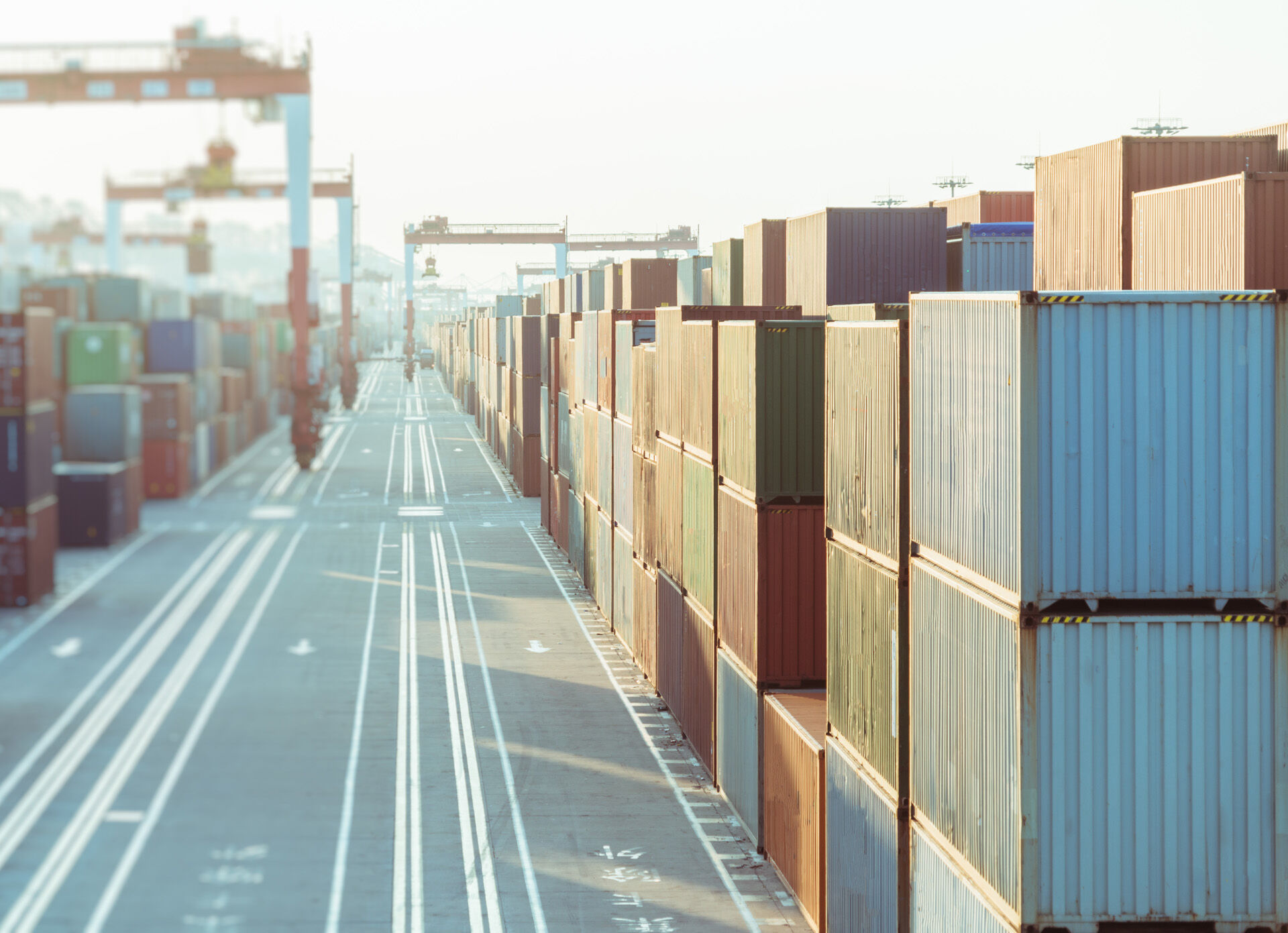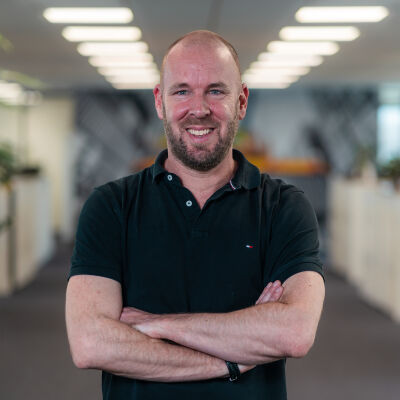
The future of the Port of Rotterdam requires a change of course

Mark
Supervisor Sales
Jul 11, 2025
The Port of Rotterdam is undergoing a period of transition. Its course is shifting toward a more sustainable and future-oriented economy. This transformation is essential, but not without its challenges. As global trade slows and the pressure to become more sustainable increases, it is becoming clear that the current model—based on large-scale throughput and fossil energy—is no longer a given. The port faces the task of reinventing itself in an increasingly complex environment.
Innovation under pressure from grid congestion and regulation
While container handling in Rotterdam continues to show modest growth, broader development within the port area is under pressure. Innovation is progressing slowly due to several factors: an overloaded electricity grid, high energy costs, nitrogen emission restrictions, and a shortage of physical space for new business activity. These conditions make it difficult to invest in sustainable technologies and circular industry.
CO₂ emissions and the energy transition as driving forces
The urgency for change is evident. The Port of Rotterdam accounts for nearly 20% of the Netherlands’ total CO₂ emissions. At the same time, it plays a crucial role in the energy transition, for example through the development of hydrogen projects, sustainable fuels, and circular production processes. But fulfilling that role requires more than ambition alone.
Call for collaboration and investment
Local authorities, including the City of Rotterdam and the Province of South Holland, are calling for a joint approach with the national government. They are advocating for targeted investments in infrastructure, space for innovation, and faster permitting procedures. Without this support, the region risks missing out on opportunities in the global energy transition.
Perspective through collaboration and knowledge sharing
Despite the challenges, there is also perspective. By strengthening collaboration with knowledge institutions and cities such as Delft, the port can evolve into a hub for smart and sustainable enterprise. Field labs, start-up hubs, and investments in clean technology can all contribute to a future-proof port.
Conclusion: a strategic shift to remain relevant
The challenges are clear, but not insurmountable. To keep the Port of Rotterdam relevant and competitive, collaboration between governments, businesses, knowledge institutions, and societal partners is essential. Only through joint effort—and where necessary, a strategic shift—can the port continue to fulfil its role as an economic engine and sustainable innovator.